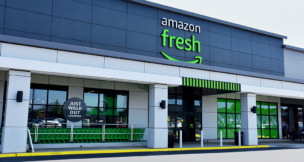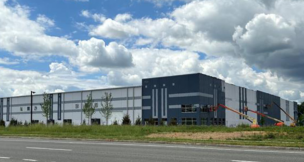Loudoun effort aimed at developing rural businesses
Many people know Loudoun County for its concentration of technology-focused businesses, but the county’s economic engine also is fueled by agriculture.
About three-fourths of the county’s landmass is rural, with about 150,000 acres of active farmland. Rural businesses contribute more than $69 million to the county’s economy each year. “We have 42 farm wineries in the county and that number is growing,” says Kellie Boles, Loudoun’s agricultural development officer. “We also have more berry growers in Loudoun than any other county in the state.”
The growth of the county’s rural economy is in part a result of Loudoun’s rural business development team. It is rolling out a yearlong initiative to help landowners begin or expand agricultural businesses in western Loudoun. “We wanted to fill in the gaps in the rural economy,” Boles says.
Before the rollout, county representatives traveled to New York’s Finger Lakes region, known for its wineries, to see what complementary businesses exist there. The Loudoun officials, for example, visited a dairy and participated in cheese tastings. “We looked at the pieces we need to fill in to make ours a diverse rural economy as well,” Boles says.
One of the up-and-coming industries the county is targeting is farm brewing. The Virginia legislature this year approved a new license that requires farm breweries to use agricultural products grown on their land to make beer. “The county is now writing a zoning ordinance amendment that would allow farm breweries in the western part of the county,” Boles says.
The county also hopes to pull in more businesses like Endless Summer Harvest, a hydroponic lettuce operation. The company has built a permanent greenhouse and plans to double its output in the next year.
“That is what we want: people who will invest in the county,” Boles says. “We are also seeing more people putting in orchards, such as Moonfire Orchard, which grows heirloom apple trees.”
Moonfire plans to supply a cidery in the county. It represents a prime example of one business spawning another. “Our next wave will be businesses that support the brewery industry that produce fruits and grains like barley and hops,” Boles says.
One of the benefits of a growing agricultural economy is it requires less infrastructure, in terms of roads, schools and utilities, in comparison with residential communities and commercial enterprises. “Farmland contributes more to the tax base than it gets in services. Agriculture is a net positive for Loudoun,” Boles says.
t
















